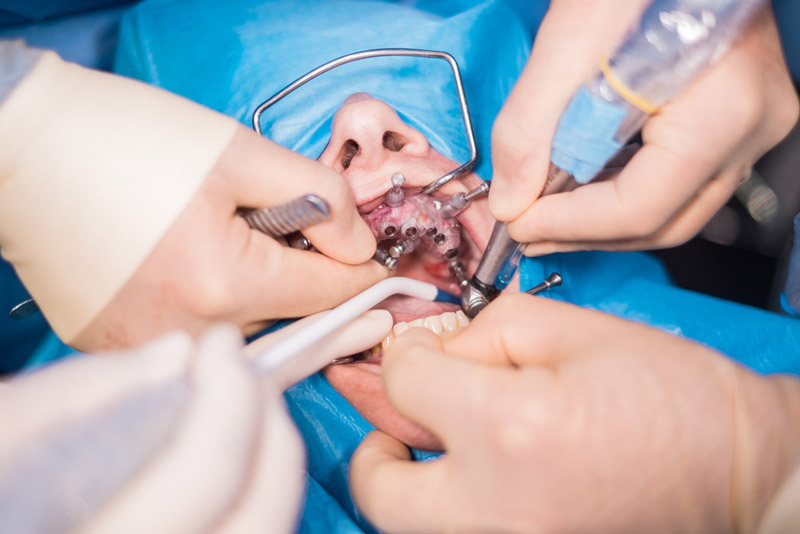
All Minor Dental Surgical Procedures
Does the term surgery scare you? These procedures are relatively standard among dentists who routinely perform minor oral surgeries. The operation is performed by the dentist for the extraction or some other common dental surgery. Suppose you are recommended any procedure in your mouth. In that case, there is no reason for you to be afraid because MINOR SURGERIES are routine procedures performed to benefit your oral and overall health.
Do you have an impacted wisdom tooth between your gums and jawbone needing removal from an oral surgeon? You will likely go through a minor surgical procedure for the removal of the impacted wisdom tooth. You may think the process is painful and prefer not to have it. However, it would help if you tried to understand that oral surgeons and dentists are experts in pain management and help ensure you don’t undergo any discomfort during the procedure. You must endure some discomfort after the process, which is natural. However, the oral surgeon performing the procedure provides instructions for prescription or over-the-counter painkillers to manage the pain efficiently.
Surgeons recommend minor oral surgeries to detect various issues in your mouth or correct dental imperfections affecting you from wear and tear of the teeth or even loss of teeth. The procedures recommended merely keep your oral and overall health in excellent condition and provide complete functionality to your mouth.
If you want to understand what kind of minor oral surgeries are performed, we suggest you continue reading this blog to educate yourself:
Biopsies
If you have suspicious lesions in your mouth, oral surgeons perform a biopsy checking for signs of oral cancer. The surgical process is virtually painless because you receive anesthesia when the oral surgeon removes a small piece of tissue from your mouth for the laboratory for analyzing it.
Impacted Wisdom Teeth
Your third molars are the ultimate teeth to appear. Sometimes these molars emerge correctly and do not cause any problems in your mouth. However, in most cases, wisdom teeth don’t emerge ideally and are improperly aligned. The improper alignment causes the wisdom teeth to remain impacted between the gums and jawbone.
You may think an impacted wisdom tooth or teeth is not a severe condition requiring minor oral surgery. However, if you consider how the wisdom teeth affect your surrounding teeth’s health, you will undoubtedly believe they are better removed from your mouth.
Dental Implants
Replacing missing teeth is another reason why you may need to undergo minor oral surgery. If you want to have natural-looking artificial teeth with dental implants inserted deep into the jawbone, you must undergo a surgical procedure to achieve your goal. Dental implants are excellent options for you if you have lost your teeth and are looking for a long-term solution that won’t need frequent replacements. The implant placement happens during a minor oral surgery where the implanted post is left to integrate with your jawbone before you can have a realistic-looking artificial tooth over the implant to replace your missing teeth.
Reconstructive Surgery
Suppose you have a knocked-out tooth or facial injuries you confront challenges with everyday functions like eating and other routine tasks. Minor surgical procedures help to replace damaged or missing teeth, treat gum damage, jawbone damage, and correct issues with the jaw.
